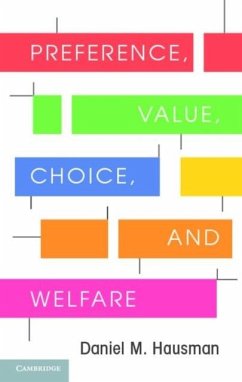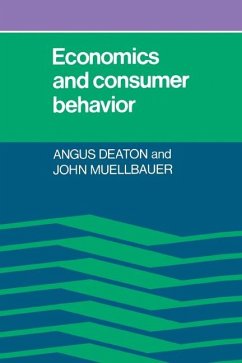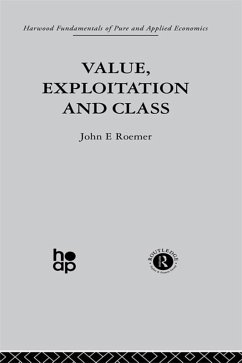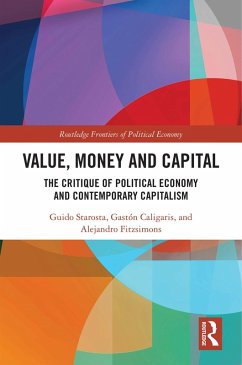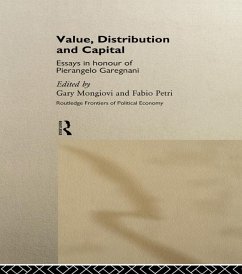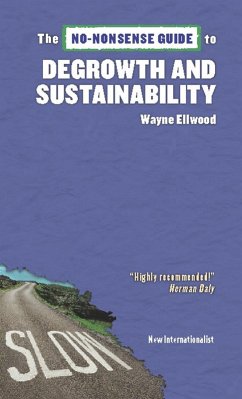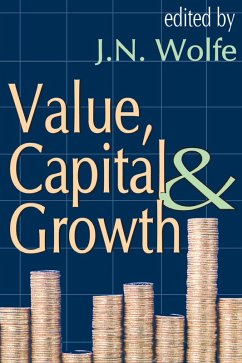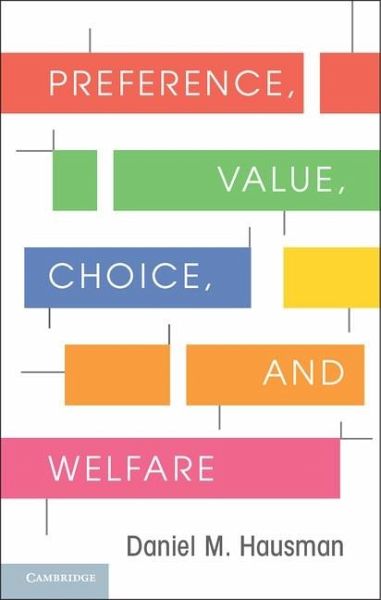
Preference, Value, Choice, and Welfare (eBook, ePUB)

PAYBACK Punkte
8 °P sammeln!
This book is about preferences, principally as they figure in economics. It also explores their uses in everyday language and action, how they are understood in psychology and how they figure in philosophical reflection on action and morality. The book clarifies and for the most part defends the way in which economists invoke preferences to explain, predict and assess behavior and outcomes. Hausman argues, however, that the predictions and explanations economists offer rely on theories of preference formation that are in need of further development, and he criticizes attempts to define welfare...
This book is about preferences, principally as they figure in economics. It also explores their uses in everyday language and action, how they are understood in psychology and how they figure in philosophical reflection on action and morality. The book clarifies and for the most part defends the way in which economists invoke preferences to explain, predict and assess behavior and outcomes. Hausman argues, however, that the predictions and explanations economists offer rely on theories of preference formation that are in need of further development, and he criticizes attempts to define welfare in terms of preferences and to define preferences in terms of choices or self-interest. The analysis clarifies the relations between rational choice theory and philosophical accounts of human action. The book also assembles the materials out of which models of preference formation and modification can be constructed, and it comments on how reason and emotion shape preferences.
Dieser Download kann aus rechtlichen Gründen nur mit Rechnungsadresse in A, B, BG, CY, CZ, D, DK, EW, E, FIN, F, GR, HR, H, IRL, I, LT, L, LR, M, NL, PL, P, R, S, SLO, SK ausgeliefert werden.




